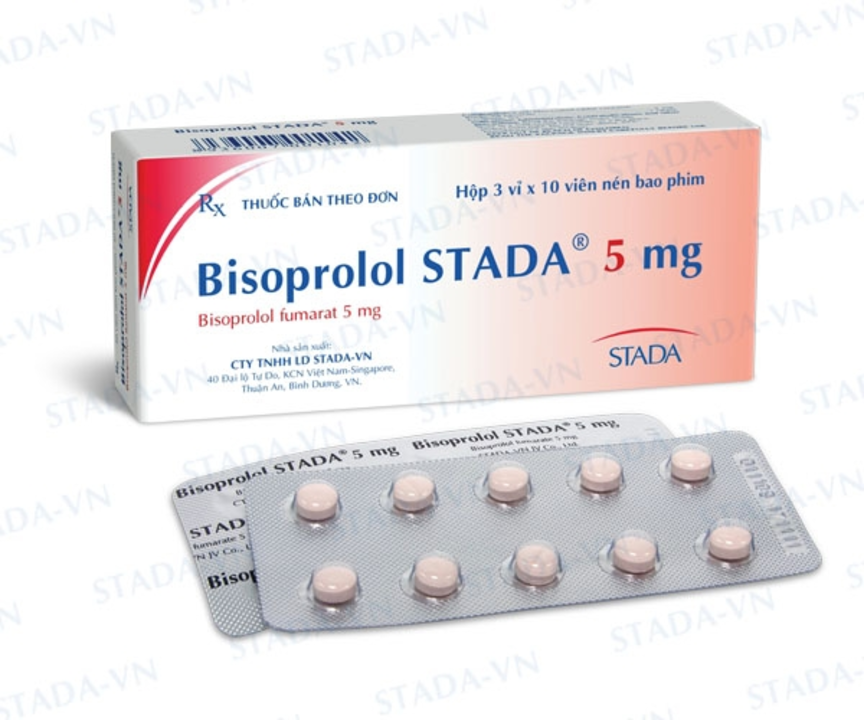Drug Interactions – What They Are and How to Avoid Trouble
If you’ve ever wondered why your doctor asks about every pill you take, it’s because drugs can clash. A drug interaction happens when two medicines (or a med and food) change how each other works. The result can be weaker treatment, unexpected side effects, or even dangerous health problems.
Common Types of Interactions
The most frequent clashes fall into three buckets. First, pharmacokinetic interactions affect how the body absorbs, breaks down, or clears a drug. For example, taking an antacid with certain antibiotics can stop the antibiotic from being absorbed properly.
Second, pharmacodynamic interactions happen when two drugs act on the same body system. Mixing two blood thinners like warfarin and aspirin raises bleeding risk dramatically.
Third, food‑drug interactions involve meals or drinks that change drug effects. Grapefruit juice is a classic culprit; it can boost levels of many cholesterol meds, leading to overdose‑like symptoms.
Practical Steps to Prevent Problems
Start with a complete medication list – prescription drugs, over‑the‑counter pills, vitamins, and herbal supplements. Write down the dose and how often you take each. When you pick up a new prescription (say, Depakote or Eliquis), hand that list to your pharmacist and ask specifically about interactions.
Use reputable online tools, but treat them as a guide, not a rule. Websites like our own tag page on "drug interactions" gather real‑world examples: combining prednisone with certain blood pressure meds can raise blood sugar, while ibuprofen may lessen the effect of some antidepressants.
If you notice odd symptoms – sudden dizziness, stomach pain, or unexpected bruising – stop the new drug and call your doctor. Don’t wait for a full reaction to develop; early action often prevents serious issues.
Finally, keep appointments with your healthcare team. They can adjust doses or suggest safer alternatives. For instance, if you need an antifungal but are on fluconazole, they might recommend itraconazole instead to avoid liver stress.
Staying safe isn’t rocket science; it’s about clear communication and a little vigilance. Keep your medication list handy, ask questions every time a new drug is added, and trust your body’s signals. With these habits, you’ll reduce the odds of nasty interactions and get the most out of each prescription.
Psychiatric medication combinations can improve treatment for resistant depression and bipolar disorder, but switching to generic versions carries real risks. Learn why even small changes in drug absorption can trigger relapse, hospitalization, and worsening symptoms-and what patients can do to protect their treatment.
Drug interactions can turn mild side effects into dangerous health risks. Learn how common combos like statins with grapefruit or warfarin with aspirin increase harm - and what you can do to stay safe.
HIV protease inhibitors can drastically reduce the effectiveness of hormonal birth control, leading to unplanned pregnancies. Learn which methods are unsafe, which are reliable, and what to do if you're on antiretroviral therapy.
Chemotherapy remains a cornerstone of cancer treatment, but drug interactions can be dangerous. Learn how common medications, supplements, and even food can affect chemo safety and effectiveness.
In my recent blog post, I discussed the safe combination of Bisoprolol Fumarate with other medications. It's important to consult your doctor or pharmacist before mixing any drugs to avoid potential side effects. They will help you understand potential interactions and guide you on proper dosage. Additionally, always follow the prescribed instructions and monitor your health closely while on multiple medications. Stay informed and take control of your health by knowing how to safely combine Bisoprolol Fumarate with other medications.






 Medications
Medications